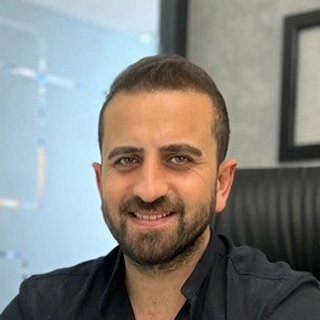Benefits
Enjoy a comfortable and engaging experience with amenities designed for relaxation, entertainment, and convenience.
A root canal treatment (or 'endodontics') is a dental procedure designed to save a tooth by removing the infected nerve and pulp from within it. This treatment is not the cause of pain; it's the cure. Getting your root canal treatment in Turkey provides access to specialist care and advanced technology at a price that is a fraction of the cost in the UK or USA.
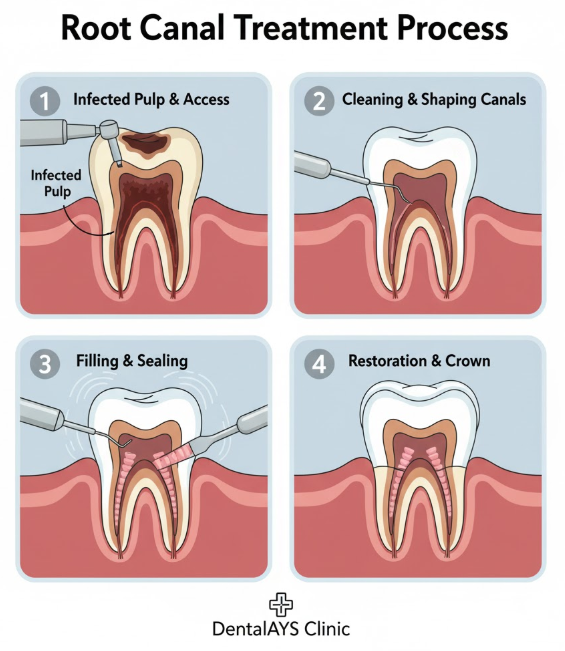
Explore our gallery of before and after X-rays to see how our endodontists successfully clear the infection, preserving the natural tooth structure for our patients.
The root canal treatment cost in Turkey is a significant advantage for international patients, often saving them 80-90% compared to private dental fees in their home countries. The cost of the same procedure in the UK or USA can be prohibitive, forcing patients to choose extraction. We make saving your tooth affordable.
The final price depends on which tooth is being treated (front teeth have fewer canals than molars) and if a final crown is required.
| Procedure | Average Cost in UK/USA | Average Cost in Turkey |
|---|---|---|
| Root Canal (Front Tooth) | £500 - £1,000+ | £100 - £180 |
| Root Canal (Molar) | £800 - £1,500+ | £150 - £250 |
| Root Canal Retreatment | £1,000 - £2,000+ | £200 - £350 |
Contact our team for a free consultation and a transparent, all-inclusive quote based on your dental X-ray.
A root canal is a treatment for the inside of a tooth. "Endo" is Greek for "inside" and "odont" means "tooth."
Inside your tooth's hard outer shell (enamel) is a soft tissue called pulp. This pulp contains the tooth's nerve and blood vessels. If a cavity is deep, or the tooth cracks, bacteria can enter and infect this pulp.
An infected pulp causes inflammation and pressure, leading to severe pain (a toothache) or an abscess. A root canal treatment is the only way to save the tooth. The procedure involves removing the infected pulp, cleaning and disinfecting the inside "canals" of the tooth, and then filling and sealing the space.
If you are experiencing any of the following, you may have a root canal infection:
No. This is the most common myth in dentistry. The root canal procedure itself is completely painless.
The intense pain you feel is from the infection inside the tooth, not the treatment. The procedure is performed under powerful local anaesthesia, which completely numbs the tooth and surrounding area.
A root canal is a pain-relief procedure. You will feel no pain, only the relief of having the pressure and infection removed.
Our specialists make the root canal procedure comfortable and efficient.
We first take a 3D (CBCT) scan to see the tooth's root structure clearly. Then, we apply local anaesthesia to completely numb the area.
A small rubber sheet (dental dam) is placed around the tooth. This isolates it, keeps it clean and dry, and ensures no bacteria from your saliva can enter the canals.
A tiny opening is made in the top of the tooth (the crown) to access the infected pulp chamber.
The diseased pulp and nerve tissue are carefully removed. The canals are then cleaned, shaped, and disinfected with special solutions.
The clean, disinfected canals are filled with a biocompatible, rubber-like material called gutta-percha. This material seals the canals to prevent re-infection.
A permanent filling is placed in the access hole. In most cases, a tooth that has had a root canal will require a dental crown to be placed on top to protect it from fracturing.
The user-searched term "side effects" is often confused with "complications."
After the anaesthesia wears off, it is normal to feel some mild sensitivity or tenderness on the tooth for a few days. This is easily managed with over-the-counter pain medication (like ibuprofen) and is not a sign of infection.
Though rare when done by a specialist, potential complications include:
If you have a root canal infection in a tooth that has already been treated, this is called a "failed root canal." The solution is root canal retreatment.
This is a more complex procedure where an endodontist (root canal specialist) must:
This specialist procedure is highly successful at saving a tooth that would otherwise need to be extracted.
The root canal treatment cost in Turkey is significantly lower than in the UK or USA. A front tooth can cost £100-£180, and a molar £150-£250. This is 80-90% less than private fees in the UK, which can exceed £1,000 for the same specialist treatment.
The procedure itself typically takes 60 to 90 minutes. If you also need a crown, the entire process (including crown manufacturing) is usually completed in 2 to 5 days.
Almost always, yes. A tooth becomes more brittle after the pulp is removed. A dental crown is essential to protect the tooth, prevent it from fracturing, and restore its full chewing function.
The primary sign is the return of pain, swelling, or an abscess on the gum near the treated tooth, often months or even years after the initial procedure.
The only alternative is tooth extraction (pulling the tooth). We will always recommend saving your natural tooth with a root canal if possible, as it is the best solution for your long-term oral health.
In dentistry, high-resolution photographs are taken to evaluate the patient’s existing tooth structure and facial aesthetics. These photos are used to document and analyze the condition, color, and shape of the teeth and their harmony with the patient’s face.
Why is it important? Professional photographs help dentists and lab technicians plan the restoration process and achieve ideal aesthetic results.



5D scanning technology allows for highly precise digital scanning of teeth and oral structures. This technology goes beyond traditional 3D scans by capturing additional information such as color, texture, and movement.
Why is it important? 5D scanning enables the creation of detailed digital models of teeth, allowing for more accurate and personalized restorations. This accelerates the treatment process and provides a more comfortable experience for the patient.
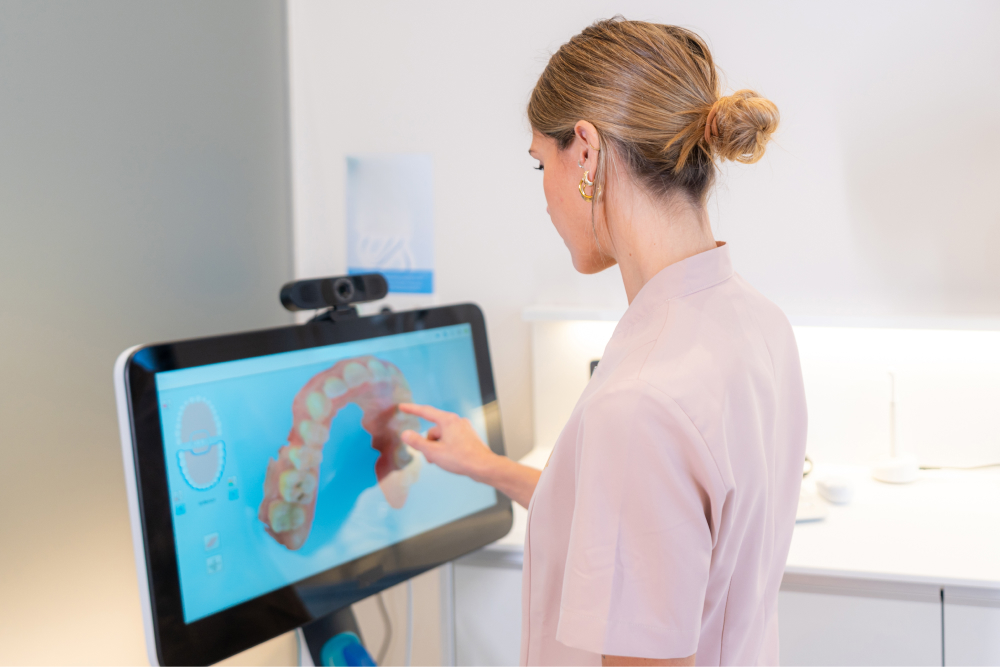
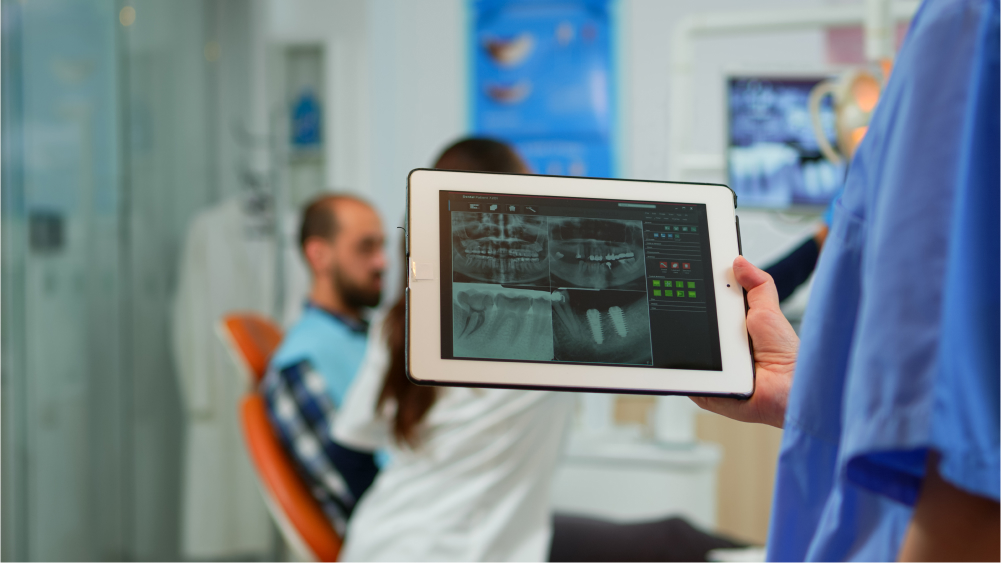
Special dental burs are used for shaping teeth with minimal preparation and for the precise placement of restorations. These burs are high-precision and sharp instruments.

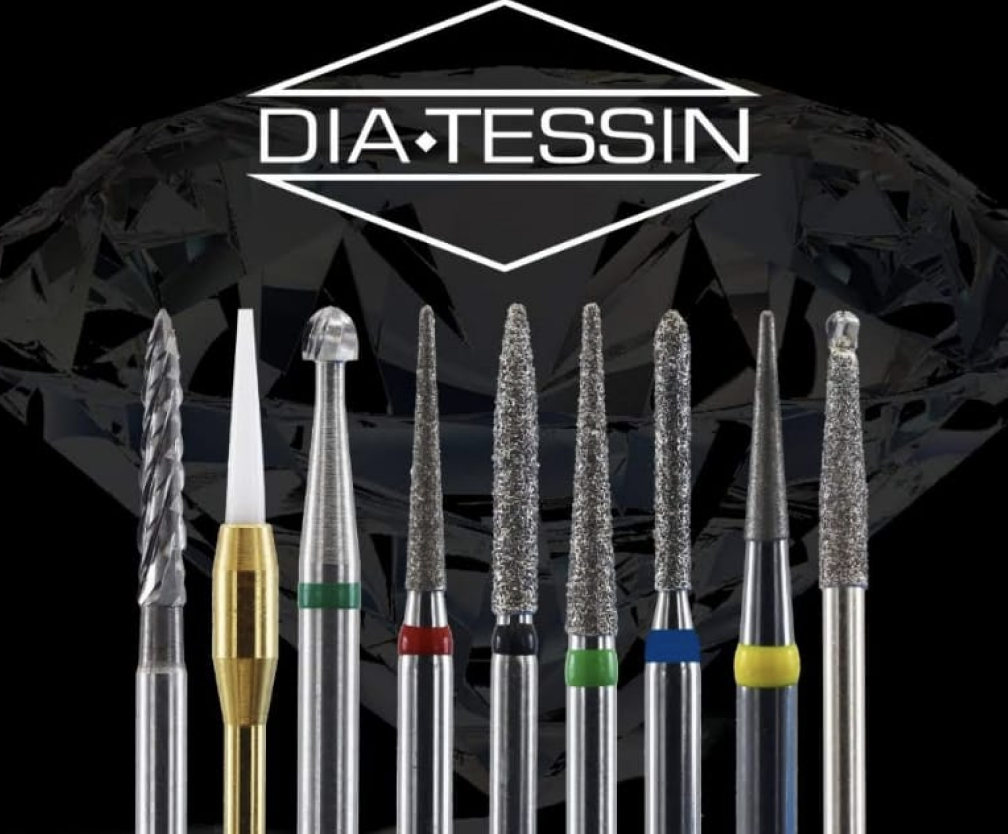
Dental laboratories equipped with advanced technology play a key role in the production of restorations. These labs use CAD/CAM systems, high-precision manufacturing devices, and biocompatible materials.




Enjoy a comfortable and engaging experience with amenities designed for relaxation, entertainment, and convenience.
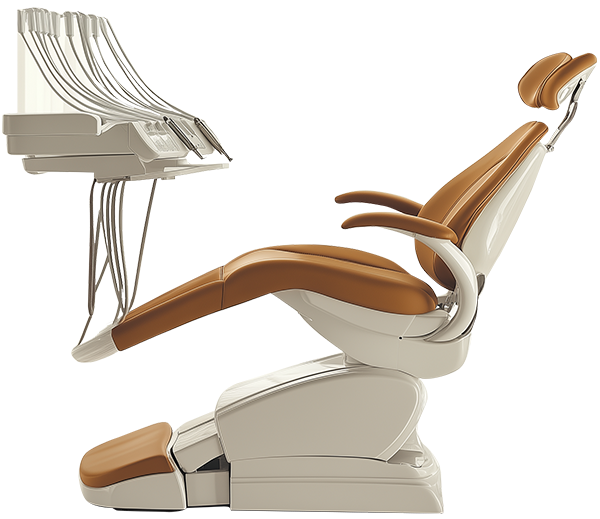








Real experiences from our international patients who chose Dentalays for their treatment.
"Saved a tooth I thought was lost." "I had a massive infection. The endodontist spent an hour cleaning the canals perfectly. The pain vanished instantly. Highly recommended."
– Ashley R. | Sydney, Australia | ✅ Verified Patient: Root Canal
"Microscope technology." "They used a dental microscope to find all the nerves. High-tech approach that you don't always see at home."
– Victoria M. | Birmingham, UK | ✅ Verified Patient: Root Canal
Real experiences, real smile
